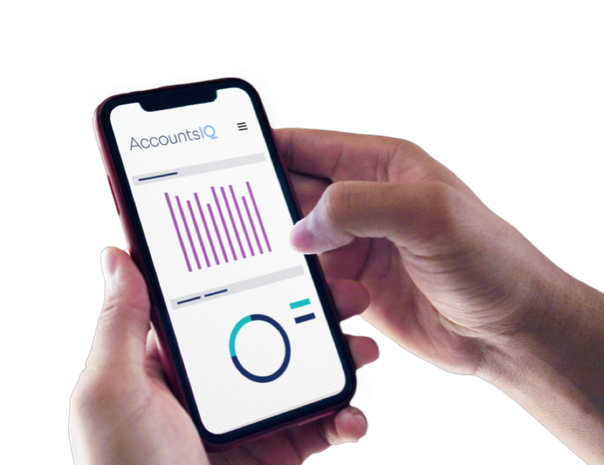What software do accountants use?

There’s a huge range of accounting software for accountants on the market, but which software does an accountant use? The answer depends on the type of client base they have and what functions they need their accounting software to perform.
Read our blog to learn more about the different accountant software available.
What types of software do accountants commonly use?
Accountants will use a variety of software to run their practice and to help their clients run their businesses effectively. These software packages include billing and invoicing, payroll management, document scanning and project management systems. At the simplest level, most accountants use software that tracks accounts receivable and accounts payable.
This gives them a clear view of the profitability of their clients’ businesses and helps them to prepare end of year accounts and tax returns. Many accountants will also use more sophisticated accounting software that helps with budgeting, forecasting, and complex international or inter-company accounting.
Here are the main accounting software functions accountants will use:
- Day-to-day accounting: such as general ledger, fixed assets, accounts payable and receivable, and bank reconciliation
- Billing and invoicing: accounting software enables businesses to automate collections and payment methods, and quickly prepare accurate and timely invoices
- Budgeting and forecasting: accountants use this software to help them calculate and interpret their clients’ financial performance and manage cashflow
- Fixed asset management: such as audit history, cost records, depreciation calculations and resource allocation
- Payroll management: to calculate and process employee salary and benefits payments, tax and other deductions and to ensure accurate record-keeping
- Project accounting: this type of software handles overheads and other costs, such as labour, materials and equipment
- Inventory management: for stock control
- Foreign currency: for international payments
- Inter-company and consolidated accounting: to meet the more complex accounting needs of group companies
- Management and business intelligence: to ensure business owners and leadership teams have the accurate, timely data they need to manage and grow their business.
Read our blog to learn more about the software that accountants should use.
Traditionally, most accounting software was desktop-based (also known as an on-premise system). In other words, the software was installed and run from the hard drive of your office desktop computer. This posed a number of issues for accountants; they (and their clients) had limited access to data, and they had the cost and hassle associated with software updates, back-ups and data storage.
Accountants are increasingly using Cloud accounting software to overcome these issues.
What are the benefits for accountants in using these types of software?
There are many benefits of Cloud accounting for both accountants and their clients. These include:
Simplified business operations: accountants will use software that their clients find easy to navigate; this enables their clients (who are not normally trained accountants) to quickly and easily complete their day-to-day accounting operations
Efficiency and cost savings: accounting software automates most calculations and administrative tasks
Transparency and accuracy: accounting software helps prevent costly human errors
Reliable data: one of the biggest advantages of accounting software is that it gives a clear overview of a company’s current financial status and a more detailed view of its financial performance, patterns and trends to help with budgeting and forecasting
Tax compliance: modern accounting software is designed to comply with Making Tax Digital (MTD)
Customer service and professional credibility: accountants can improve and expand the services they provide to clients with accounting software that reduces delays and improves workflows
Data security: clients need to be able to trust that the accounting systems their accountants use will keep their financial data secure.
How does Cloud software for accounting work?
Cloud accounting software has all the functionality of desktop or on-premise accounting systems, but the whole process is in the Cloud. That means you simply log in to an always-up-to-date online solution and all data is safely stored on a Cloud server. Cloud accounting software has transformed the way many accountants operate, because everyone has access to the data they need, they can now work seamlessly with their clients from anywhere.
Benefits of Cloud accounting software
Accountants who have switched to Cloud accounting software are finding it adds real value to their practice in the following ways:
- Efficiency gains and improved client service through automated workflows
- They can access accounts from any location, 24/7
- They can give their clients a real-time overview of their current financial position and KPIs to help them make better decisions as a team
- Full compliance with Making Tax Digital (MTD)
- They have access to an ecosystem of apps and software, such as online payments, payroll and document scanning
- Live bank feeds speed up bank reconciliation and gives clients a more accurate view of their bank balance
- No more time-consuming and costly updates and security concerns; it’s all handled by the software provider
- Their teams are enjoying flexible remote and hybrid working patterns.
Read more about the benefits of Cloud accounting software.
Read our 7-step Guide to setting up a Cloud accounting system.
Speak to one of our experts to see how AccountsIQ can transform your finance function
Get in touch



